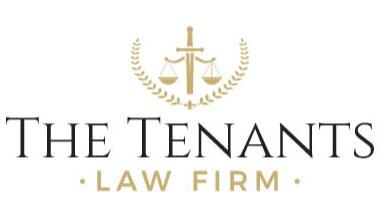What rights are afforded disabled tenants?
With the numerous changes in protections as the COVID emergency ends, it can be difficult to know what protections remain for tenants. If you have a disability as a tenant, you are afforded numerous rights and accommodations by state and federal law.
What laws protect tenants with disabilities?
Federal protections for tenant with disabilities
Under the Americans with Disabilities Act (ADA), landlords are required to make reasonable accommodations that will allow individuals with disabilities equal opportunity to inhabit a unit.
The ADA defines disabilities to be any physical or mental impairment that limits a major life activity.
To claim accommodations under the ADA, a tenant must demonstrate the following:
- They are disabled within the definition of the ADA.
- The landlord knew or should have known about the disability.
- The accommodation is necessary for equal enjoyment of the unit.
- The landlord refused to make the accommodation.
State protections for tenant with disabilities
The California Fair Employment and Housing Act protects tenants with disabilities as well. This law defines disability broader than the federal law, including others such as mental health disorders, HIV/AIDs and epilepsy.
Under the Fair Employment and Housing Act, a tenant with a disability also must be afforded reasonable accommodations so that they can use housing in a way comparable to individuals without disabilities.
What are reasonable accommodations for tenant with disabilities?
Examples of reasonable accommodations under state and federal law could include providing an accessible parking spot to a tenant with a wheelchair or allowing tenants to make changes to the home at their own expense such as a chair lift, grab bars or a ramp. Another example could be elevator repairs to ensure functional elevator access for a disabled tenant.
The potential limit on providing a reasonable accommodation is whenever the change or modification would cause undue hardship on the landlord.
What if a landlord does not provide reasonable accommodations?
Determining if a disabled tenant is covered by either state or federal law is complex and tenants should find experienced attorneys to work through the inquiry with them.
If a tenant has provided proof of disability, and the landlord is not making reasonable accommodations, you can take civil actions to claim your rightful accommodations. You should seek help from tenants’ rights attorneys such as the ones here at Tenants Law Firm. Contact us by calling (310) 432-3200 or by using this form. We offer numerous services specific to discrimination.

